
Publications
A Tree Planting Guide for the Virgin Islands
Small Native Trees for Roadside Planting in the Virgin Islands
Tall Native Trees for Roadside Planting in the Virgin Islands
How to Plant a Tree in the Virgin Islands
Urban and Roadside Tree Planting in the Virgin Islands
Rapid Health Assessment of Coral Bay Mangrove Forests; Post Irma and Maria condition
[gview file=”http://geographicconsulting.com/wp-content/uploads/2018/04/CBCC-HANDOUT-Mangrove-Debris-Volunteers-2-28-18.pdf”]
Explanation and Guidance Document for the National CZM 309 Program
Virgin Islands Department of Planning and Natural Resources (VIDPNR Coastal Zone Management (CZM) 309 Assessment
This document is a draft available for review and comment by the public and stakeholders.
Environmental Baseline Assessment of St. Croix’s South shore
Geographic Consulting
conducted a mangrove habitat assessment on the south shore of St. Croix in the summer of 2016.
Public Access Beaches of the US Virgin Islands
The beaches of the US Virgin Islands are considered public. This document describes the cultural heritage that lead to the legislation guaranteeing this access and also provides maps of all three islands.
EXOTIC INVASIVE SPECIES, US VIRGIN ISLANDS 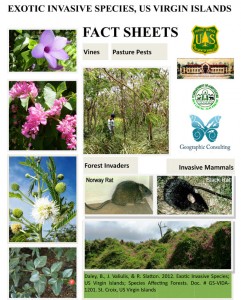
Each year invasive exotic species cause both billions of dollars in damage and the extinction of many native species. In the US alone, invasive species cost an estimated $138 billion annually in economic damage and control costs.
Native Tree Sheet: Stinking Toe, Locust
A medium to large-sized, spreading, usually evergreen, tree capable of reaching 120 in height with a trunk 4 feet in diameter, but rarely growing to more than 65 feet in the Virgin Islands. Its bark is smooth and light gray. Compound, alternate leaves are shiny, green with paired leaflets having pointed tips and a distinctly off-centered mid-vein.
Native Tree Sheet: ORANGE MANJACK
A medium-sized, partially deciduous tree reaching over 40 feet in height. The canopy is dark green and com- posed of relatively large leaves with a pronounced orange mid-vein. The bark is dark gray, thick and fissured.
Native Tree Sheet: Lignum Vitae
A small, multi-stemmed, evergreen tree reaching up to 30 feet in high. Canopy is dense, spreading and rounded with dark green foliage. Trunk divisions begin low on the trunk, resulting in many strong branches. The trunk is covered in a dark brown, smooth bark which peels off in large, thin scales, exposing patches of gray and light brown.
Native Tree Sheet: Jamaican Caper
A small, attractive, evergreen tree reaching 10 to 20 feet in height. Canopy is compact and upright with dark green foliage. Trunk reaches a maximum of 6 inches in diameter with light gray to black bark and an inner bark with a strong, spicy fragrance and horseradish taste.
Native Tree Sheet: Coco Plum
A small- to medium-sized, multi-stemmed, shrubby tree usually reaching less than 10 feet tall.The bark is brown to grey, smooth or becoming scaly. The highly branched canopy is dense and dark green. The thick, leathery leaves are simple, opposite, upturned along the branches and yellowish-green on the underside.
Population Assessment of the St. Croix Ground Lizard at Protestant Cay
The St. Croix Ground Lizard (Ameiva polops) is a federally listed endangered species, endemic to St. Croix. At one time this lizard was found on the main island of St. Croix, but through predation by the introduced mongoose and habitat degradation, their range is now
RAPID ASSESSMENT OF FOUR ENDANGERED PLANT POPULATIONS OF ST. CROIX, US VIRGIN ISLANDS
A rapid assessment and inventory was completed on three populations of the federally endangered Buxus vahlii and St. Croix’s only know population of Catesbaea melanocarpa. Plant height, and basal stem caliper were measured and phenology was recorded. Individual plant health was assessed at each point and observations on canopy characteristics and associated species were collected at each location.
Recommended Plants for The Palms Beach Resort
This list is intended to serve as a guide for selecting plant material for the landscape at the Palm Beach Resort. All of these plants are native to the Virgin Islands and also adapted to the coastal environment found along St. Croix sandy north shore.
Forest, Agriculture and Development
in a Changing Landscape
This project was conducted to answer specific questions about the changing landscape of the Virgin Islands. “How much of St. Croix is forested and how much is in agriculture?
A Comparative Analysis of Soil Characteristics in St. Croix’s Waterways: A Look at the Dirt in our Guts
Waterways or guts channel rainwater downstream and connect marine terrestrial ecosystems. When forest is removed and bare soil is exposed, this often results in erosion.
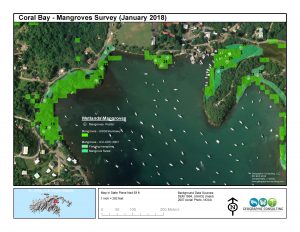
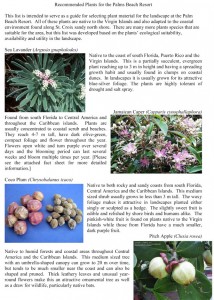
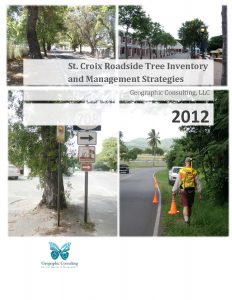
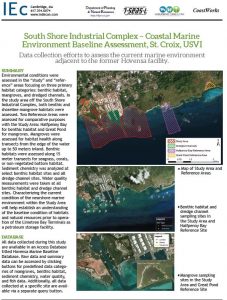
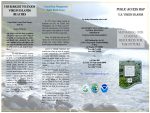

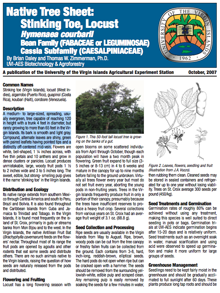

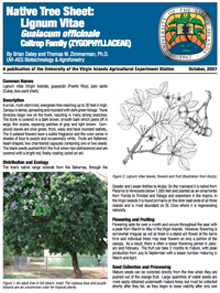
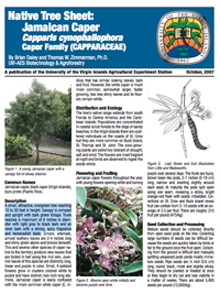
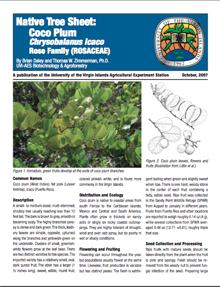
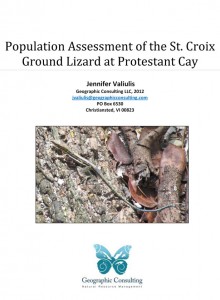
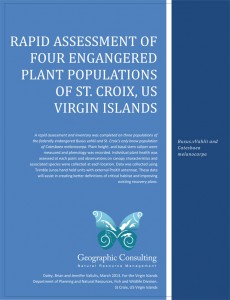


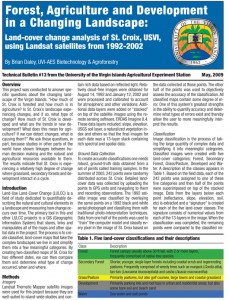
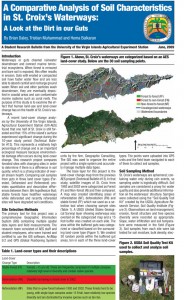
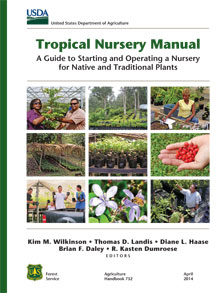

Comments, Questions? Contact Us.